Artificial intelligence (AI) is set to revolutionize various industries over the next decade, fundamentally altering how businesses operate and how individuals interact with technology. By 2030, the future of AI will manifest in significant advancements across healthcare, finance, education, retail, and transportation. This article explores these anticipated changes, the applications of AI technologies, and the challenges that may arise.
Healthcare: AI-Powered Personalized Medicine and Diagnostics
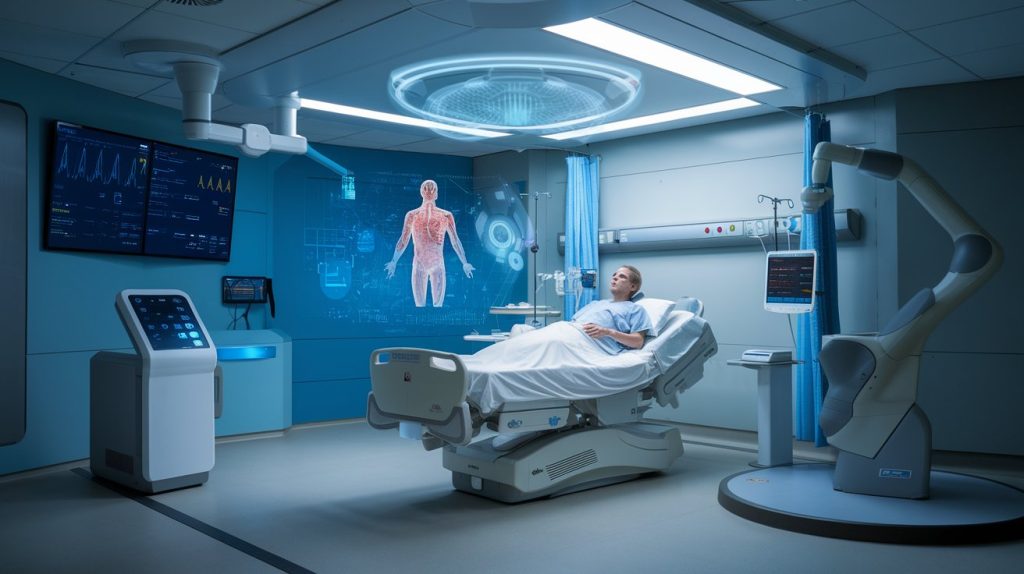
In healthcare, the future of AI promises to usher in an era of personalized medicine. By analyzing vast datasets, including genomic information and patient histories, AI algorithms will enable healthcare providers to tailor treatment plans to individual patients. This shift will enhance the accuracy of diagnostics, allowing for earlier detection of diseases.
For instance, AI-powered imaging tools will outperform traditional methods in identifying anomalies, leading to quicker and more effective interventions.Moreover, AI will facilitate drug discovery, making it faster and more cost-effective. By 2030, we can expect AI to play a crucial role in clinical decision-making, helping physicians choose the best treatment options based on comprehensive data analysis. However, the integration of AI in healthcare will require addressing ethical concerns, such as data privacy and algorithmic bias, to ensure equitable access to these advancements.
Finance: AI-Driven Financial Modeling and Trading Systems
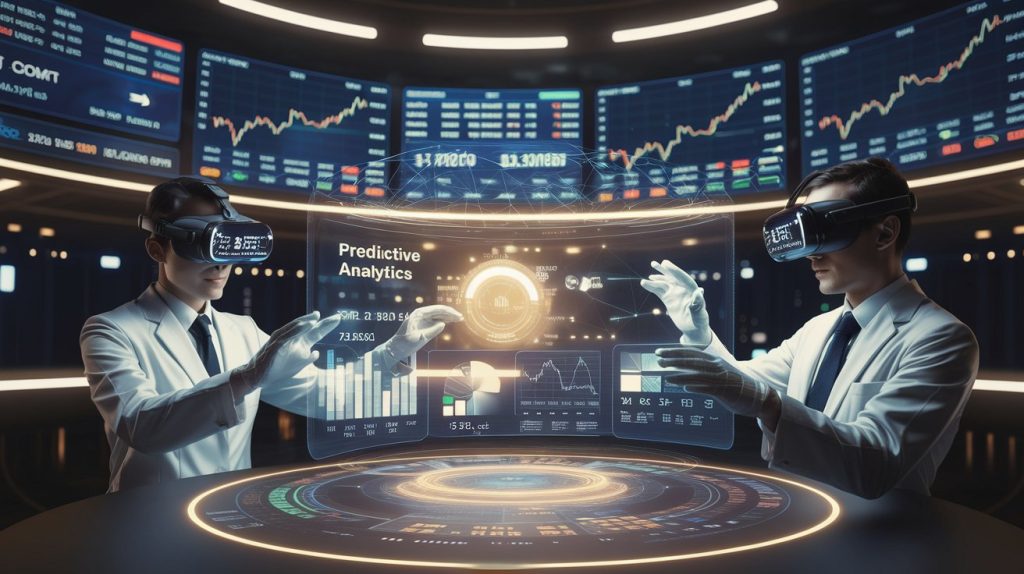
The financial sector will also experience a transformation driven by AI technologies. The future of AI in finance includes the development of advanced financial modeling and trading systems that can analyze market trends and execute trades at unprecedented speeds. AI algorithms will assess vast amounts of data, including economic indicators and social media sentiment, to inform investment strategies.Additionally, AI will enhance risk management and fraud detection capabilities. Financial institutions will leverage AI to identify suspicious transactions and prevent financial crimes, ensuring a more secure banking environment. However, as AI systems become more prevalent, regulatory frameworks will need to evolve to address the potential risks associated with automated trading and decision-making.
Education: The Evolution of Personalized Learning
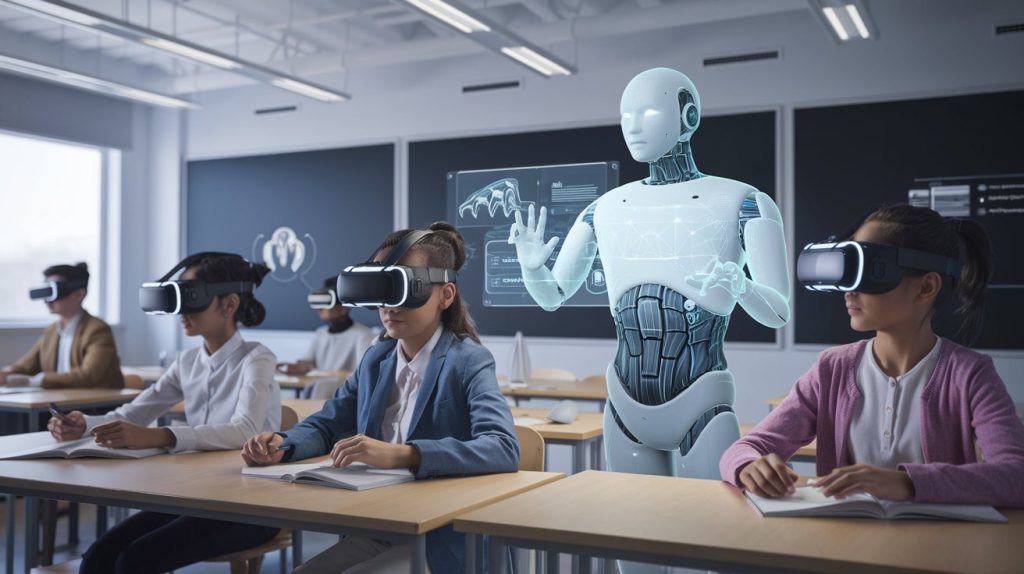
Education is another sector poised for significant change due to the future of AI. By 2030, AI technologies will enable personalized learning experiences tailored to individual student needs. Intelligent tutoring systems will adapt to students’ learning styles, providing customized content and feedback to enhance understanding.AI will also assist educators in identifying at-risk students and optimizing teaching strategies. By analyzing student performance data, AI can help educators make informed decisions about resource allocation and intervention strategies. However, the widespread adoption of AI in education will require investments in teacher training and infrastructure to ensure effective implementation.
Retail: Hyper-Personalization and Predictive Analytics
In retail, the future of AI will drive hyper-personalization, allowing retailers to deliver tailored shopping experiences to consumers. AI algorithms will analyze customer behavior, preferences, and purchase history to recommend products that align with individual tastes. This level of personalization will enhance customer satisfaction and loyalty.Predictive analytics will also play a vital role in inventory management and demand forecasting. Retailers will use AI to anticipate customer needs, optimizing stock levels and reducing waste. However, the reliance on AI for decision-making may raise concerns about data privacy and the ethical use of consumer information.
Transportation: Autonomous Vehicles and Smart Cities
The transportation industry is on the brink of a revolution, with the future of AI paving the way for autonomous vehicles and smart city infrastructure. By 2030, we can expect to see widespread adoption of self-driving cars, which will improve road safety and reduce traffic congestion. AI will enable vehicles to communicate with each other and traffic management systems, optimizing routes and minimizing delays.Smart cities will emerge, utilizing AI to manage urban resources efficiently. AI-powered systems will monitor traffic patterns, energy consumption, and public safety, enhancing the quality of life for residents. However, the transition to autonomous transportation will require addressing regulatory challenges and public acceptance of new technologies.
Challenges and Considerations
While the future of AI holds immense promise, it also presents challenges that must be addressed. Ethical concerns surrounding AI, such as bias in algorithms and data privacy, will require robust governance frameworks to ensure responsible development and deployment. Additionally, the impact of AI on employment will necessitate proactive measures to reskill workers and prepare them for new roles in an AI-driven economy.
Cybersecurity threats posed by AI technologies will also need to be mitigated. As AI systems become more integrated into critical infrastructure, ensuring their security against malicious attacks will be paramount. Regulatory bodies will need to keep pace with the rapid evolution of AI, balancing innovation with public safety and ethical considerations.In conclusion, the future of AI is poised to transform industries and enhance the lives of individuals worldwide. By 2030, AI will be deeply embedded in various sectors, driving innovation, efficiency, and personalized experiences. However, realizing the full potential of AI will require addressing the challenges that accompany its advancement, ensuring that its development aligns with ethical principles and societal values.
Also Read AI 3D Modeling
Do Check out Future of AI Laptops
Our Proud Sponsors






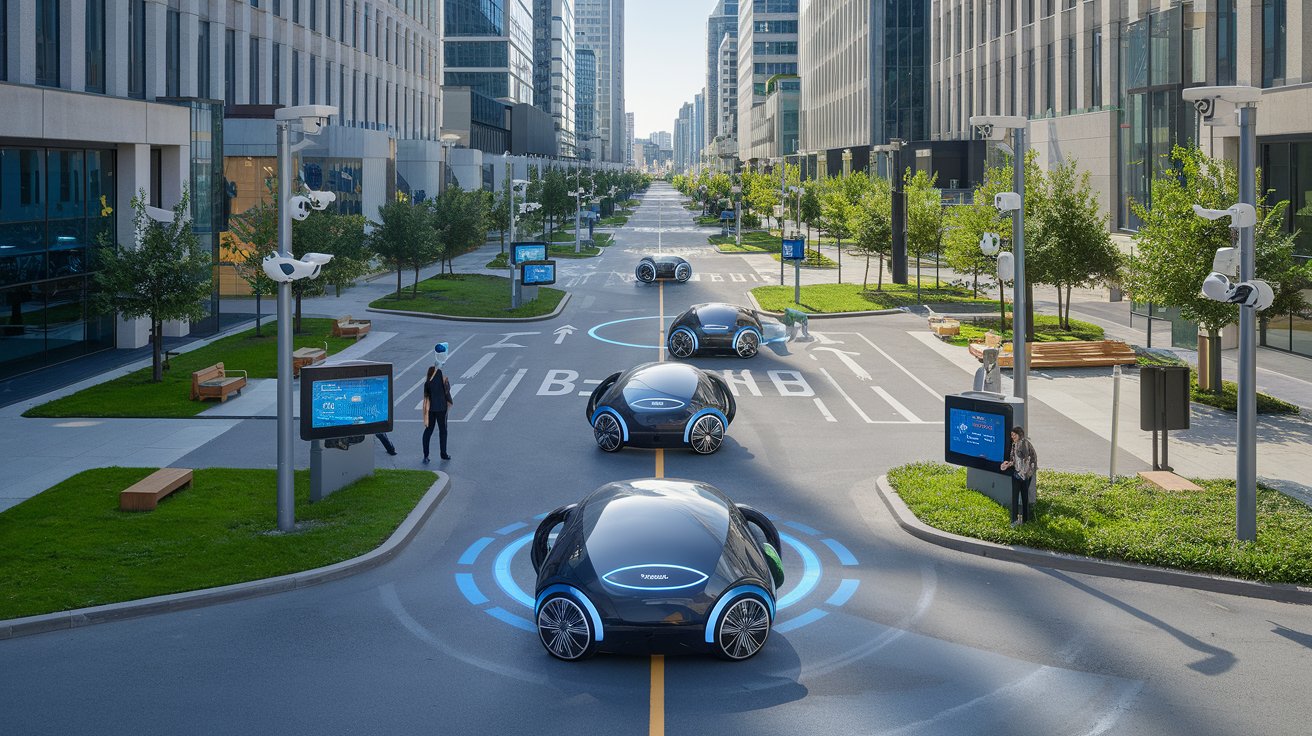

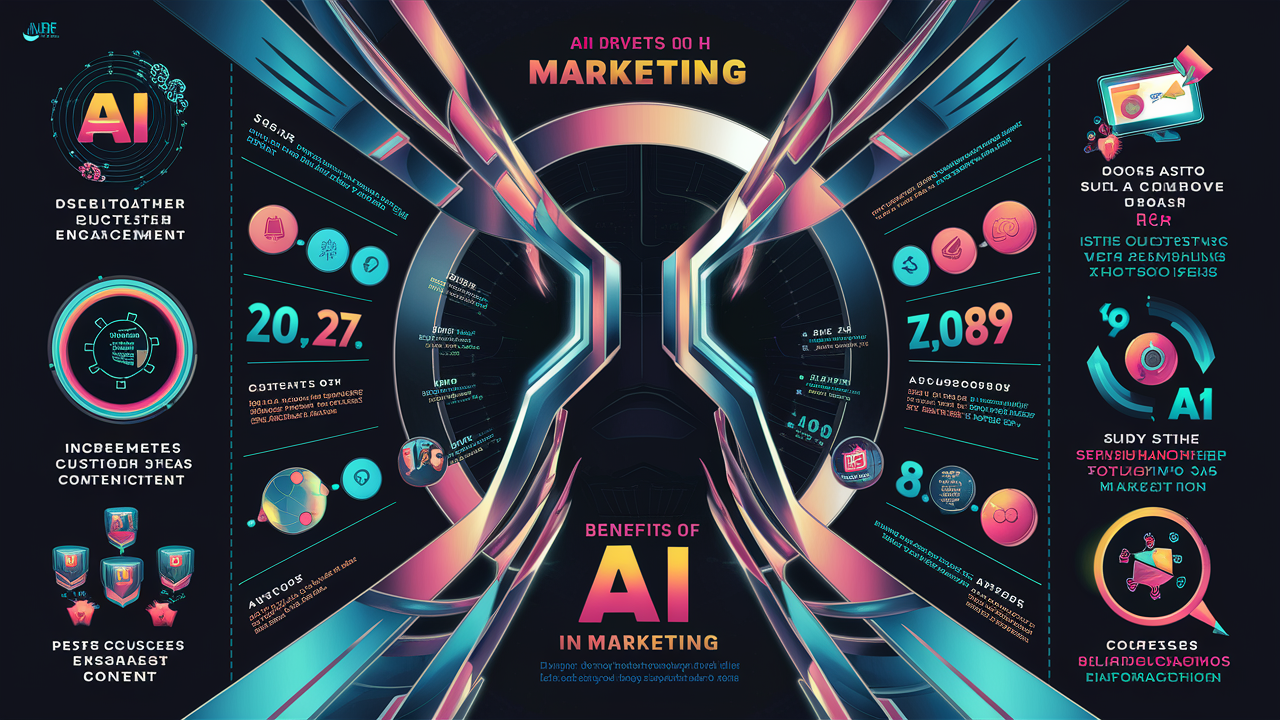
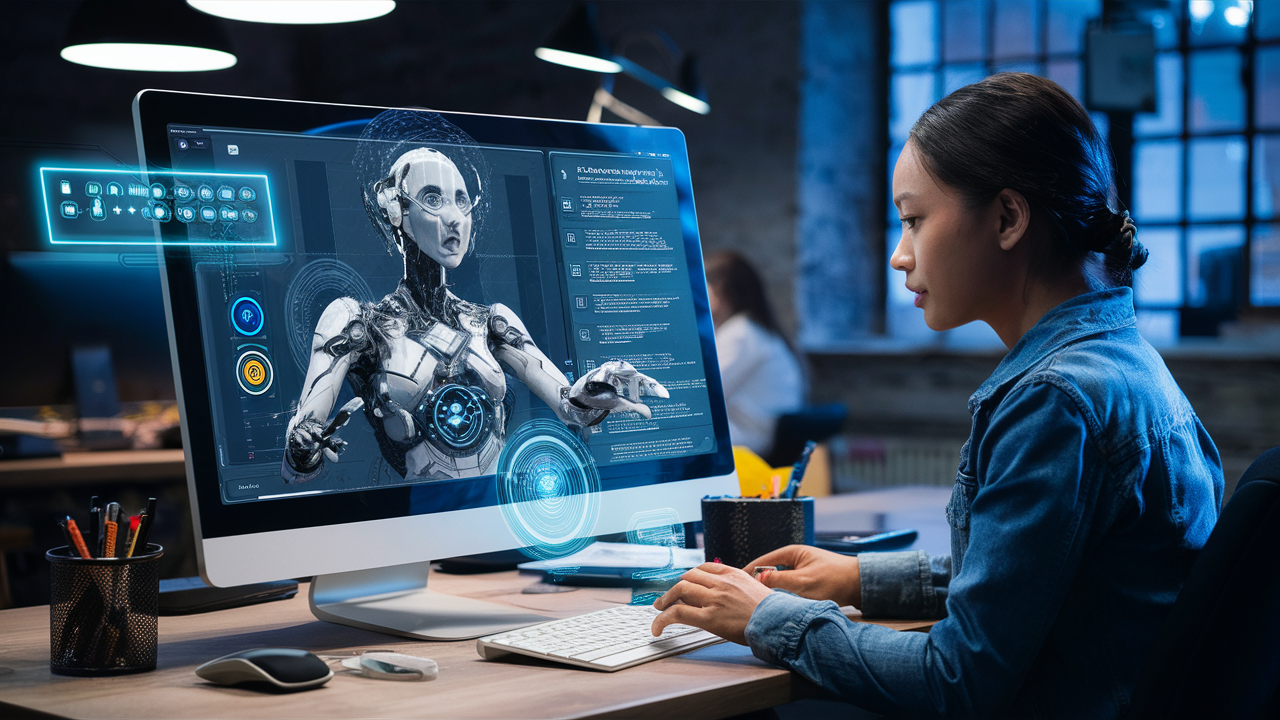
One thought on “The Future of AI: How AI Will Transform Different Industries by 2030”